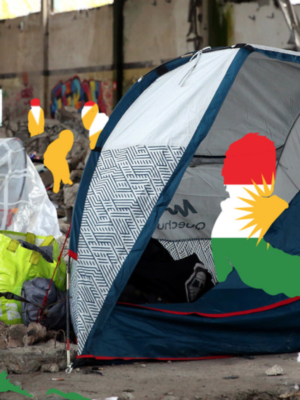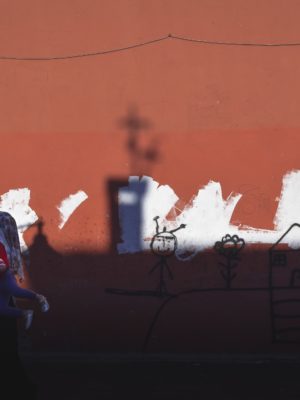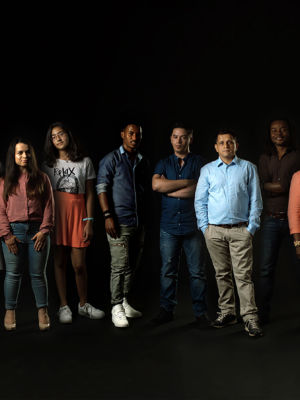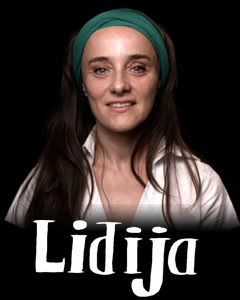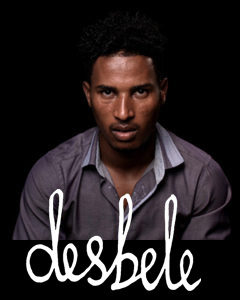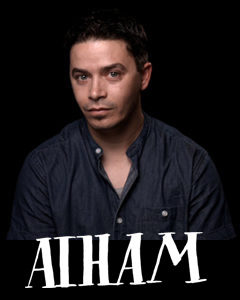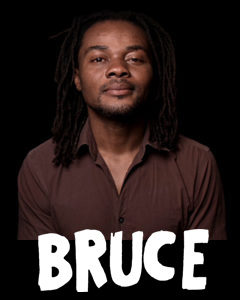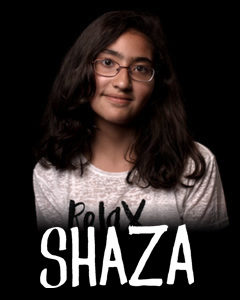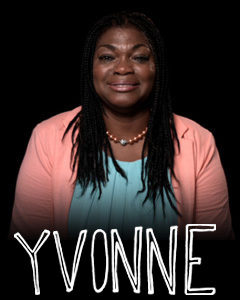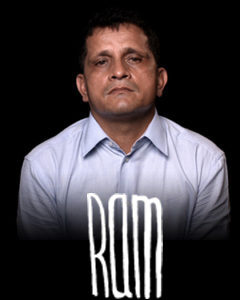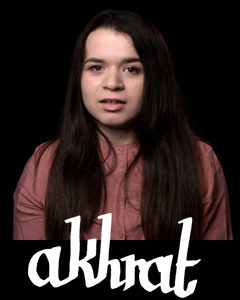Follow-Up Lesson Humanity House Education
In three exercises, pupils learn what happens to people who have to find their feet in the Netherlands.
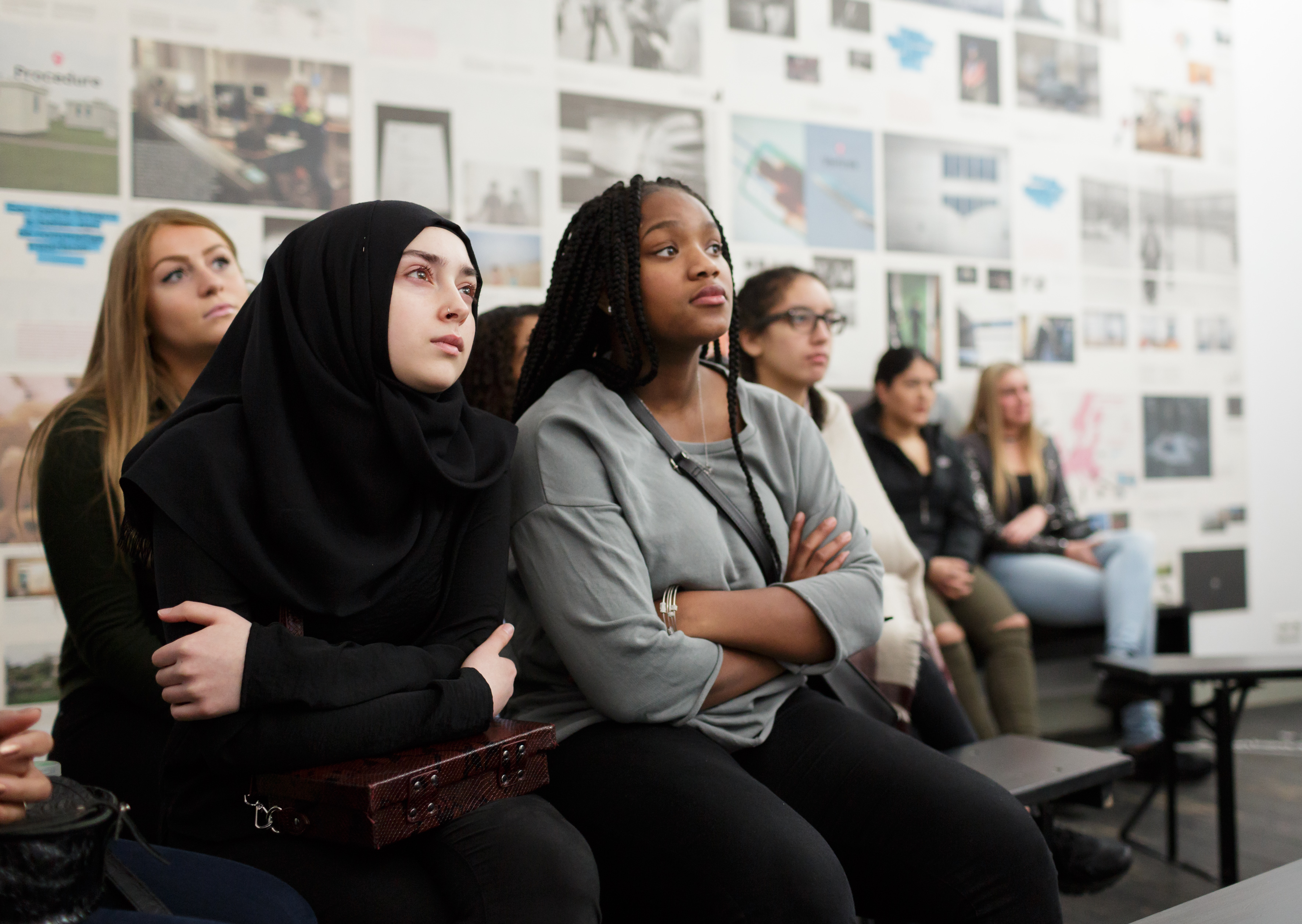
Step into the shoes of a person integrating into society
Great that you visited the Humanity House with your class. Your pupils followed in the footsteps of a refugee and found out what it’s like to live in a region hit by conflict and be forced to flee.
What’s it like to build up a whole new life in a country when you haven’t chosen to do so voluntarily? And what’s that like in the Netherlands?
In three exercises, pupils learn what happens to people who have to find their feet in the Netherlands. The class ends with an exercise in which pupils discuss how their dreams and desires for the future compare to those of somebody who has just become a refugee.
Details
- Target group: The class is designed for pupils in the early years of secondary education, but it is also suitable for pupils in primary education, in the later years of secondary education, and in secondary vocational education.
- Duration: One hour-long class.
- Materials: Teacher instructions, printed lesson pack for each pupil, pen, video fragments: https://vimeo.com/album/4362346.
- Subjects: Forced migration, integration (in the Netherlands).
- Learning aims: Art appreciation, critical reasoning, collaboration, problem-solving ability, creative thinking, decision-making, communicating.
- Skills: Art appreciation, critical reasoning, collaboration, problem-solving ability, creative thinking, decision-making, communicating.
- Courses: Citizenship, Civics, History and Geography. Connection with the learning aims of People & Society (key objectives 36, 38, 39, 40, 43, 47).
Structure of class
Pupils work in pairs chosen by themselves or by the teacher. Some scenarios described in this class are abstract, but working in pairs allows pupils to discuss these with one another. In the case of smaller groups or older groups, pupils can work individually.
Each exercise takes +/- 10 minutes to complete and is structured as follows:
- The teacher reads the introduction to the exercise out loud.
- The pupils watch a video fragment together in which the refugees they met virtually in Humanity House describe their experience (length of each fragment: 1–3 minutes).
- The pupils have 3 minutes to complete the exercise.
- The pupils spend three minutes discussing the answers.
- The teacher explains the exercise and provides a Dutch context to it.
The exercises are arranged in a logical sequence, but they can also be completed separately. The teacher has the option of doing all exercises or a selection of them.
You can also download the Follow-Up Lesson and Work Sheet as a pdf file.
Exercise 1 – What is the first period in a new country like?
Teacher reads out loud: You’ve travelled a long way. You fled your native country and have now arrived in a safe country where you can build up a new life. But the customs, rules and traditions in this country are different to those you’re used to. You realize that you have to get used to everything, and building up a new life is not so easy.
Together with your pupils, watch the video How was the first period in the Netherlands? to find out what struck Shaza, Lydia, Aiham, Akhrat and Yvonne when they first arrived in the Netherlands.
Questions for pupils:
- Can you think of strange Dutch traditions that newly arrived people in the Netherlands might have difficultly getting used to? List three of them:
1…………………………………………………………………………………………………….
2…………………………………………………………………………………………………….
3…………………………………………………………………………………………………….
- Is there anything you could do to help somebody get used to life in the Netherlands? Think of one way:
………………………………………………………………………………………………………..
………………………………………………………………………………………………………..
………………………………………………………………………………………………………..
Teacher chooses individuals or pairs to discuss the answers.
Teacher explains:
When refugees are granted a residence permit in the Netherlands, they have to follow social integration lessons. These are intended to help them become part of Dutch society, so that they can find work and start a new life as quickly as possible.
Many refugees do this well, but many others do not pass their social integration examination successfully. Around one third of candidates passed the exam in 2016. There can be many reasons for this, but the effect is that those who failed will have difficulty integrating into Dutch society.
Exercise 2 – How would you like to be treated?
Teacher reads out loud: You gradually learn the language and get used to the culture, but you still cannot study or work. You feel useless and wonder whether you will ever find your feet in this country.
Together with your pupils, watch the video fragment What should we change? to find out what tips Bruce, Akhrat and Aiham have for the Netherlands.
Question for pupils:
At Humanity House you stepped into the shoes of a refugee. Imagine that you had to build up a new life in a new country. What matters most to you in leading a normal life? Answer this question together:
……………………………………………………………………………………………………………..
……………………………………………………………………………………………………………..
……………………………………………………………………………………………………………..
Exercise 3 – Is there anything you miss?
Teacher reads out loud: You gradually get used to life in your new country. You can already speak the language a little, and you now have a house as well as a job. Even so, you still don’t feel completely comfortable. You miss lots of things about home.
Together with your pupils, watch the video fragment Do you miss anything? and find out what Ram, Yvonne and Desbele miss most about home.
Questions for pupils
- Imagine that you were forced to flee your country. What would you miss most? Each of you can give your own answer:
1…………………………………………………………………………………………………….
2…………………………………………………………………………………………………….
- Are there also things about the Netherlands that you would not miss? Each of you can give your own answer:
1…………………………………………………………………………………………………….
2…………………………………………………………………………………………………….
Teacher chooses individuals or pairs to discuss the answers.
Teacher explains:
In a recent survey of 250 holders of Dutch residence permits, many of them said that what they miss most about home is the familiar landscape, buildings and streets, their house, and also their way of living, the reassurance of belonging. So besides family and friends, there are many other things that make you feel at home somewhere.
At the same time, they value many positive things about the Netherlands that they missed in their homeland. These include safety, freedom and democracy, equal rights and well-organized systems.
Reflection – What’s your dream for the future?
Teacher explains: In reality, you may lead a very different life to that of people who have just fled to the Netherlands. But what is your dream for the future? And how does it compare with the dreams of refugees?
Question for pupils:
- What is your dream for the future? Each of you can give your own answer:
- 1…………………………………………………………………………………………………….
- 2…………………………………………………………………………………………………….
Teacher chooses individuals or pairs to discuss the answers.
Finally, watch the video fragment What’s your dream for the future and see what Shaza, Aiham and Yvonne want for their future.
Teacher finishes the class by discussing with the pupils whether they can imagine what life is like for refugees in the Netherlands and answers any questions.
Sources
Immigration and Naturalisation Service: https://ind.nl/en
Dutch Council for Refugees: https://www.vluchtelingenwerk.nl
Statistics Netherlands, Migration and integration file: https://www.cbs.nl/nl-nl/dossier/dossier-migratie-en-integratie
Refugees long for home (in eighteen snapshots and 1 short film): https://decorrespondent.nl/5810/vluchtelingen-verlangen-naar-thuis-in-achttien-kiekjes-en-1-filmpje/1012247546310-4672b505
Why refugees like the Netherlands so much (but are worried about the situation back at home): https://decorrespondent.nl/5849/waarom-vluchtelingen-nederland-zo-fijn-vinden-maar-zich-zorgen-maken-over-het-thuisfront/1019042323299-f2de4163
Report from the Court of Audit: Social integration is not going well: https://www.nrc.nl/nieuws/2017/01/23/rapport-rekenkamer-het-gaat-niet-goed-met-het-inburgeren-6364037-a1542638

